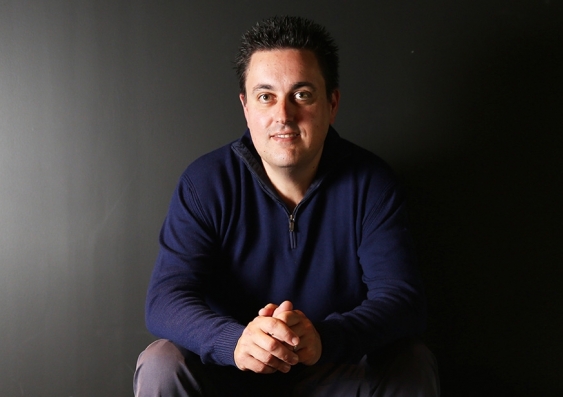Interest rate cut welcome – but what of secular stagnation?
Much more needs to be done to accelerate spending and investment, says UNSW Business Professor Richard Holden.
Much more needs to be done to accelerate spending and investment, says UNSW Business Professor Richard Holden.

Julian Lorkin
UNSW Business School media
02 9385 9887 or 0405 805 365
j.lorkin@unsw.edu.au
An academic from UNSW Business School has welcomed today's cut in interest rates by the Reserve Bank of Australia as a much-needed boost to the economy. However, he warns, “we have been in an era of secular stagnation for many years, and this cut won’t help much”.
UNSW Business School Professor Richard Holden says: “The most recent inflation reading was zero. Real wage growth has been stagnant for six years. Household debt is nearly double disposable income. And underemployment is more than 8%, on top of a 5.3% rate of unemployment. The economy won’t get better quickly, but this timely cut to interest rates will help. A bit.”
The Reserve Bank of Australia (RBA) announced a cut of 0.25 percentage points in the cash rate, to 0.75%. Dozens of lenders may soon be reducing variable and fixed home loan rates. “However, we shouldn’t be complacent that this will boost consumer spending,” Professor Holden says.

Professor Richard Holden
It’s time to face the reality that, like most advanced economies, we are in a low-growth, low-interest rate, low-inflation trap, he says.
“Annual GDP growth has fallen to 1.8%. On a per-capita basis we have had three consecutive quarters of negative growth. The last time that happened was during the drought and recession of 1982, almost four decades years ago.”
He warns that we have now entered secular stagnation: a protracted period of low growth caused by too many savings chasing too few productive investment opportunities.
To get out of this, he suggests two options.
We could introduce unconventional monetary policy: “Measures that result from pushing interest rates below zero, if the RBA needs to keep on cutting. But cutting below zero per cent doesn’t really work – people just hoard the cash. So, you need to start quantitative easing.”
Or, he suggests, “aggressive fiscal policy: either big (and if necessary, repeated) tax cuts or a big (and if necessary, repeated) boost in government spending, each of which would put the surplus at risk. At this point, I suggest we forget about the surplus: it can wait. There are bigger economic fish to fry.”
For further comment contact Richard Holden on 0409 446 296 or richard.holden@unsw.edu.au.